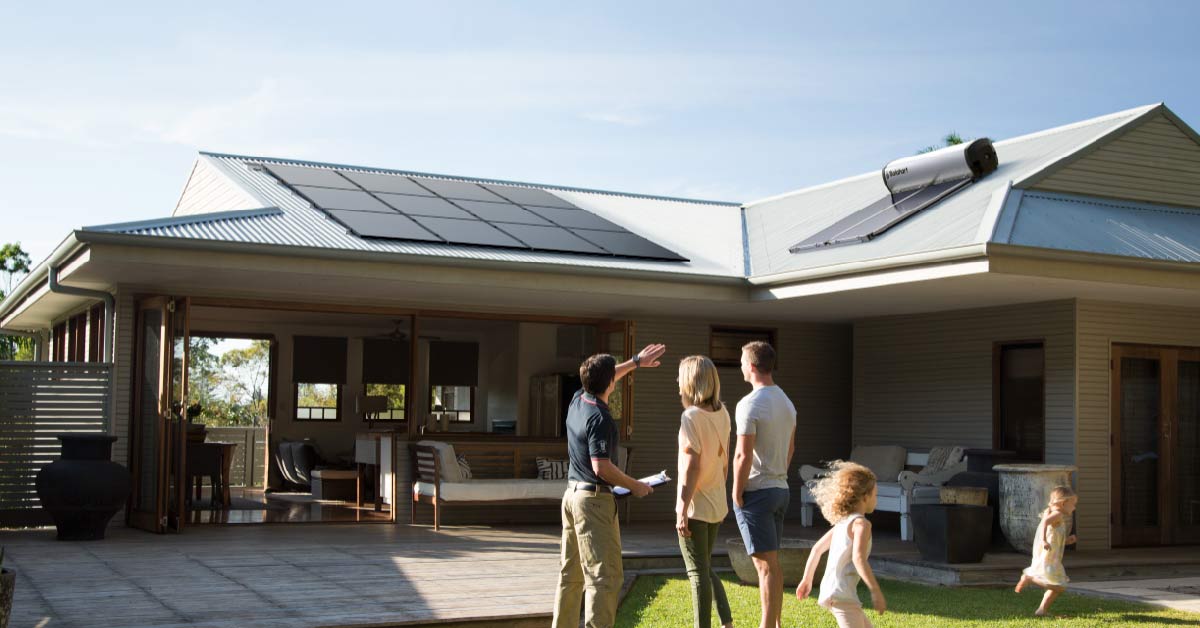
When delving into the world of solar energy, picking the right panels for your home or business can be like finding a needle in a haystack—challenging but not impossible. This guide will walk you through the essentials of selecting solar panels that not only meet your energy needs but also ensure cost-effectiveness and environmental sustainability.
Before jumping into the solar bandwagon, it’s essential to grasp the ABCs of solar panels. Solar panels convert sunlight into electricity using photovoltaic (PV) cells. These cells are crucial because their efficiency determines how much power you can generate. Typically, you’ll encounter monocrystalline and polycrystalline solar panels. Monocrystalline panels, made from a single pure silicon crystal, are more efficient but pricier. On the other hand, polycrystalline panels are made from fragments of silicon and are more affordable but slightly less efficient.
Your journey to choosing the right panels starts with a simple question: “How much power do I need?” To answer this, look at your electricity bills to see your monthly energy usage. This step will help you estimate the size of the solar system required to meet your energy demands. Remember, a system too small won’t cut your bills, while an overly large one might not be the most economical choice.
The effectiveness of solar panels heavily depends on your location. For instance, panels installed in solar power Ballarat, Australia will have different sunlight exposure compared to those in less sunny areas. Factors such as local weather patterns, the angle of your roof, and potential shading from trees or buildings also play pivotal roles. An energy audit by a professional can pinpoint these considerations and guide you in the right direction.
Choosing between types of solar panels isn’t just an apples-to-apples comparison. Monocrystalline panels might boast higher efficiency rates, making them ideal for roofs with limited space. Meanwhile, polycrystalline panels could work wonders if you have more roof area and a tighter budget. Thin-film solar panels, another option, offer flexibility and a lower profile but usually require a lot of space and degrade faster.
Investing in solar technology is not cheap, but it should be viewed through the lens of long-term gains. Compare the initial costs versus potential savings on your energy bills over the years. Additionally, consider the lifespan of the system and any maintenance costs that may crop up. Don’t forget to check for local incentives or tax rebates that could sweeten the deal.
For those considering solar hot water systems, compatibility with your existing heating system is key. A hybrid system that incorporates both solar PV and thermal technologies can provide not only electricity but also hot water, maximizing the utility of your installation.
Don’t skimp on professional installation; a system as sophisticated as solar panels requires expert hands for setup. Moreover, scrutinize the warranty that accompanies your panels. Most come with a guarantee of 20 to 25 years, which is a good indicator of the panel’s longevity and the manufacturer’s confidence in its product.
The Solahart Silhouette bifacial solar panel is backed by a 30-year Australian product warranty and 30-year Performance Guarantee.
Technology evolves at a breakneck pace. Choosing panels that can integrate with future upgrades, like energy storage systems or smart home technologies, ensures you won’t be left behind as new advancements emerge.
Choosing the right solar panels requires a blend of practicality and vision. As you consider your options, don’t overlook the importance of a reliable solar provider. This partner should not only offer high-quality panels but also top-notch customer support. A good provider will guide you through the initial assessment, installation, and any troubleshooting that might arise, ensuring that your transition to solar power is as smooth as possible.
Furthermore, think about the broader impact of your choice. Opting for solar energy is not just a personal or financial decision; it’s a contribution to global sustainability efforts. By investing in solar power, you’re playing a pivotal role in reducing carbon emissions and promoting renewable energy use. This shift not only powers your home or business but also fuels the global movement towards a greener future.
Selecting the right solar panels is no walk in the park. But with the right information and a bit of guidance, you can make a choice that lights up your home or business while keeping your conscience—and your wallet—comfortable. Remember, every step towards solar is a step towards a brighter, cleaner future. So, harness the sun’s bounty and let your solar journey begin!